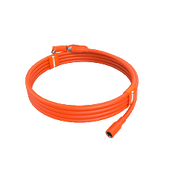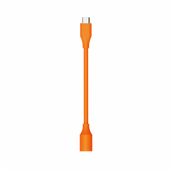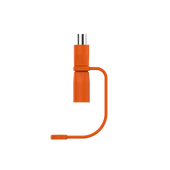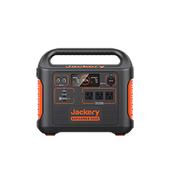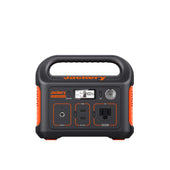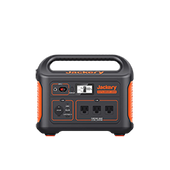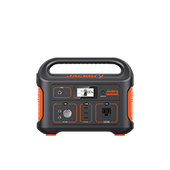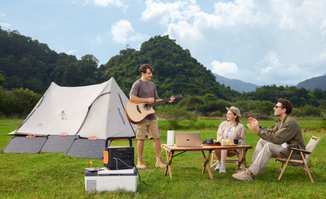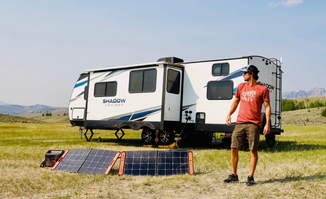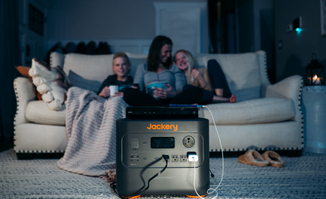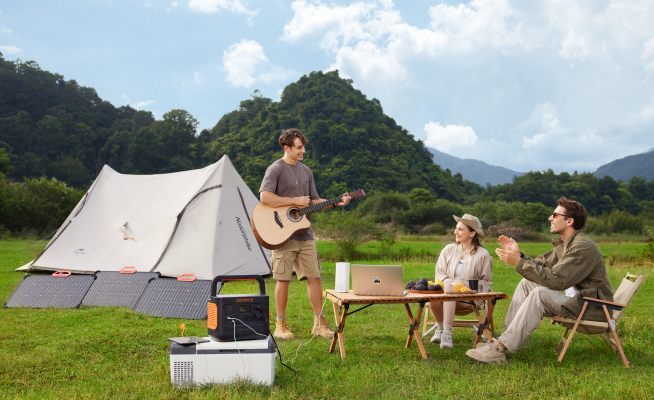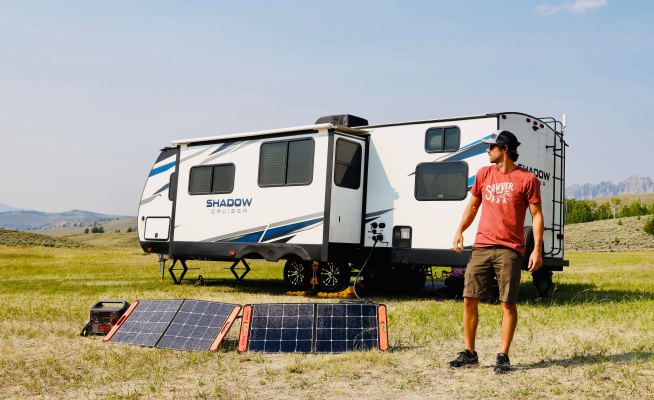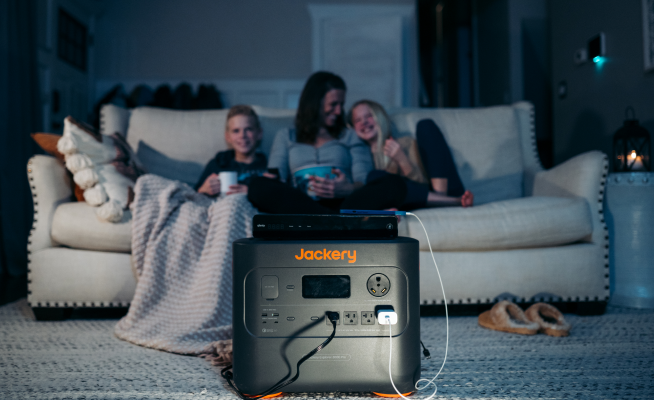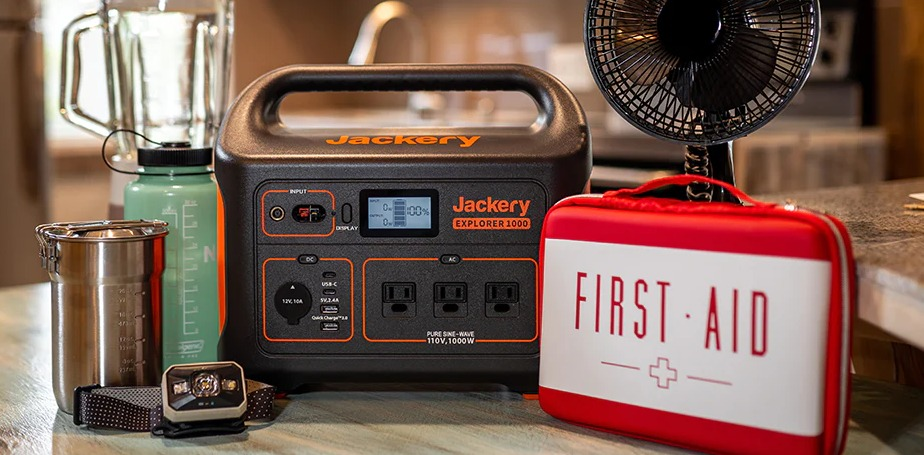We live in pretty unpredictable times. This is why we like the safety of our homes, where we assume external effects can be mitigated. But sometimes situations can even upset our home balance. One of the most striking effects is the loss of electric power. Our homes are always at risk of power outages, whether due to natural events such as storms or snow, a breakdown of the national gridlines, or human errors in mishandling electric systems.
Nearly all areas of Canada experience occasional power outages, typically due to extreme weather and, surprisingly, wild raccoons! Whether by wild animals or natural events, it is down to the homeowners' responsibility to prepare themselves. As a homeowner, you already know how heavily reliant we are on power. We need it to run nearly all our home essentials, from cooking utensils to cleaning devices and communication gadgets. Investing in a quality household backup generator is one way to counter these power outages.
A household backup generator will keep your home running with a backup power supply in case of a power outage. It helps reduce your dependence on the grid for power, ensuring you are well-prepped for all circumstances. But are they worth the investment? Let's go over a cost-benefit analysis for these devices.
Need for Household Backup Generators
1. Dependence on Electricity in Modern Households
Modern households rely heavily on electricity to power essential appliances and systems. Electricity is integral to daily life, from heating and cooling to communication devices and home entertainment. With increasing technological advancements and digitalization, the need for a constant and reliable power supply has become even more pronounced. As such, any interruption in electricity supply can disrupt routine activities, leading to inconvenience and potential risks to safety and comfort. A household backup generator can offer assurance for household power supply.
2. Instances Where a Backup Generator Can Be Crucial
A household backup generator can be useful in several ways. One of the most obvious reasons you will want one is for the uninterrupted power supply it offers. Power outages are as unexpected as they are unpredictable. They can easily stretch from an hour to a few hours to days on end. This is why a household emergency generator is a worthy investment. During this period, it will always keep your electrical appliances running. This includes your home cleaning devices, HVAC systems, electrical appliances, and communication devices. Besides uninterrupted power, a household generator can offer several appealing benefits:
Protect Your Computer Hardware
An uninterruptible or backup power supply will safeguard your computer hardware against power outages. Sudden power failures can harm computer hardware, causing malfunctions and data file loss. With a household backup generator, you can prevent data loss and protect your hardware against such damage.
Protect Against Power SurgesPower outages can be accompanied by surges when power suddenly comes back with a higher voltage, forcing too much current into your system. These surges can be large or small but disastrous for your sensitive electrical devices and your home's circuitry. A backup generator will seamlessly take control of your home's electrical supply when a power outage occurs, preventing sudden power surges and the resulting damages.
Keep You Safe
Canada is primarily a chillier country accompanied by snow, with some areas having less than two months of summer. You can fall ill with mild to severe frostbite and hypothermia without heating. A household backup generator will keep your heating systems up and running during a power outage during the long winters.

Assessing The Cost of Household Backup Generators
How much does a household generator cost in Canada? Here is a good breakdown of the costs you can expect when you invest in a household backup generator. It is not just the purchase cost you have to account for.
1. Purchasing Cost
On average, a home standby generator can cost anywhere from $2000 to $7000. [1]Backup generators are available in various types and capacities with varying features. As such, a household backup generator's purchasing cost varies considerably. Some of the most critical factors that contribute to your purchase cost include the following:
- Size and power capacity: The larger your generator and the more power it can supply, the more it will cost you. Assess your home's average power consumption to determine the best fit for your home.
- Portability: Backup power generators can be portable or come as a permanent unit installed in your home. A portable generator is usually smaller to help ease its transportation, so you can expect it to be cheaper than a larger home standby generator, costing you around $500 to $2,500 on average. [2]
- Fuel Type: One of the most important factors to consider is your generator's fuel type. You can find traditional generators that run on gasoline, diesel, and propane or invest in a solar-powered generator. The difference a solar generator provides is that it does not require fuel purchases. The sun's energy (available just about anywhere) is sufficient to power them. While the upfront cost of a solar generator may seem higher, the long-term costs are much lower than conventional fuel-based alternatives.
Assess the factors mentioned above and choose the best fit for your home. This should give you a better idea of how much a household backup generator may cost.
2. Installation Costs
Your investment does not end with the purchase costs; you also need to set aside money to pay for installations. For property installation, as is the case with standby generators, you will have to consult a licensed electrician. They know the inner workings of your intricate household circuitry and will have the job done faster, without error.
A standby generator installation will undoubtedly cost you more than a portable generator (which can be set up and used in minutes). The typical installation costs for a home standby generator can range from $1000 to $5000, as opposed to a portable generator, which can cost you anywhere from $500 to $1,500. [3]
3. Maintenance and Repair Costs
Think long-term. Your household backup generator must be well maintained to boost its lifespan. This means you must likely account for maintenance and potential repair costs. On average, a homeowner pays anywhere from $300 to $1000 for generator maintenance per year. [4]
To keep your generator working well, a professional should inspect it at least twice a year, primarily before the seasons when you are expected to lose power. Maintenance costs vary depending on your generator type. You can expect to pay more for maintenance and oil changes if you have a traditional fuel-based generator. Solar-based generators tend to cost less in terms of maintenance since they lack motor engines and do not use external fuel.
We can now conclude that the total cost of your backup generator = the cost of purchase + the cost of installation + the cost of maintenance/repair.
Return on Investment (ROI) of Household Backup Generators
Investing in a backup generator for house power offers several functional benefits, helping you secure your home during power outages. But do they provide any tangible return on investment? Surprisingly, they do!
1. Long-Term Cost Advantage
Power generators are useful during power outages not only for their backup supply of electricity but also for the way they connect to household systems. Critical household systems can easily face damage when they undergo electric power surges and sudden power outages. Consider the time cost and monetary costs associated with replacing these costly household systems following a power outage. It is far more beneficial to invest in a backup power generator that prevents these damages.
You can also think of household backup generators as the first stepping stone towards energy independence. Reducing your dependence on the grid won't just make you prepped for power outages but will also help you cut down on utility bills. Instead, you will only have to pay for maintenance and fuel costs (if any). With proper care, a household backup generator will last you for years to come. So, while the initial investment may seem higher, it pays off nicely in the long run.
2. Government Incentives and Rebates
Another stellar benefit of a house generator is in the form of government-backed incentives and rebates. Most of these apply when you seek sustainable alternatives such as solar-powered generators. For instance, in 2021, the $2.6 billion Canada Greener Homes Grants program was rolled out, under which qualifying homeowners would receive grants up to $5000.[5] The grant further offers support for a wide range of home retrofits, including installing a solar photovoltaic system as a renewable alternative to grid electricity and resiliency measures in the face of power loss or climate change. [6]
To sum up, the long-term value a generator for a home provides outweighs the upfront costs you must bear during purchase. They are well worth the investment for any homeowner!
Jackery Household Backup Generators
Finding the right household backup generator can be a hassle. A wide range of brands offer generators, but only a rare few are fit for use in the long run. Jackery is one of the leading providers of home backup generators, specializing in providing green energy solutions. Browse our diverse selection of solar power generators to find the best fit for your home.
The Jackery Solar Generator 1000 and Jackery Solar Generator 2000 Pro are the models we recommend to homeowners looking for a fresh investment. They are small and portable, making them perfect for use indoors and outdoors. You will also find them easy to set up without having to call in an installation expert, therefore saving installation costs.
They both have stunning battery capacities, with the Jackery Solar Generator 1000 offering 1002 Wh and the Jackery Solar Generator 2000 Pro offering nearly double (2160 Wh) battery capacity. Both are ideal for home use since they are compatible with almost all your home essentials, including your microwave, kettles, space heaters, electric ovens, coffee makers, electric drills, and other appliances. This makes them a worthy backup choice to counter power outages.
Finally, they both feature a robust (yet lightweight) material design, demanding minimal maintenance, and the Jackery Solar Generator 2000 Pro is capable of lasting up to 10 years or more! A warranty period is added to provide a guarantee to homeowners investing in our products. The Jackery Solar Generator 1000 offers a 2-year warranty(get one year extra if purchased from our official site), whereas the Jackery Solar Generator 2000 Pro offers a 3-year warranty(get two years extra if purchased from our official site).

About Jackery
Jackery was established in 2012 in California, quickly growing to become one of the largest providers of power stations and home generators. Today, we have successfully sold over 3 million units worldwide, setting a solid reputation as a trusted global supplier. Our mission has remained the same: to empower individuals around the globe to stay connected through green, sustainable energy solutions. Explore our diverse range of household generator models to find the best fit for your home!
Reference
[1] [2] [3] Backup Generator Canada Buying Guide: Things to Consider, Top Brands, Installation & FAQs. Available at https://www.furnaceprices.ca/home-appliances/backup-generator-canada-buying-guide/(Accessed on April 1st, 2024)
[4] COST OF INSTALLING A STANDBY GENERATOR. Available at https://www.wenner.ca/blog/a-comprehensive-guide-to-the-average-cost-of-installing-and-maintaining-a-standby-generator(Accessed on April 1st, 2024)
[5] The Federal government will pay up to $5,000 if you make your home more energy efficient. Available at https://www.cbc.ca/news/politics/home-renovation-green-energy-1.6041876 (Accessed on April 1st, 2024)
[6] Grants for Canadian homeowners living in the North and off-grid communities. Available at https://natural-resources.canada.ca/energy-efficiency/homes/canada-greener-homes-initiative/canada-greener-homes-grant/canada-greener-homes-grant/how-the-grant-process-works/grants-for-canadian-homeowners-living-the-north-and-grid#s6 (Accessed on April 1st, 2024)











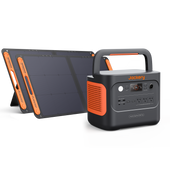

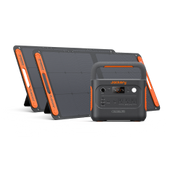
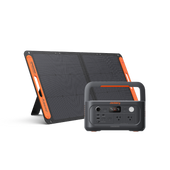
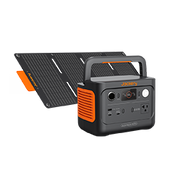
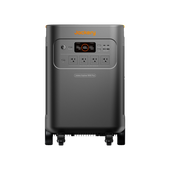

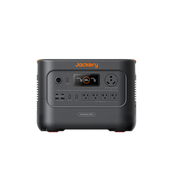
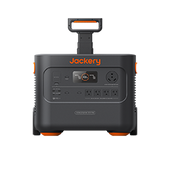
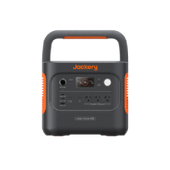
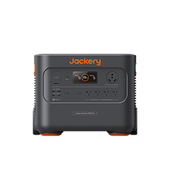

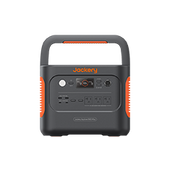
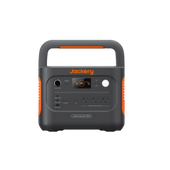
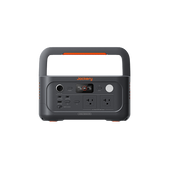

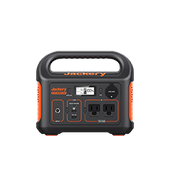
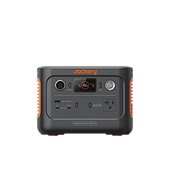
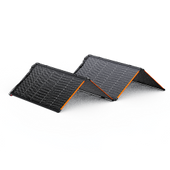
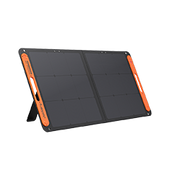


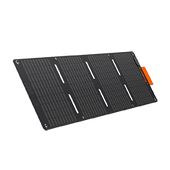
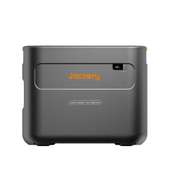
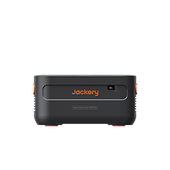
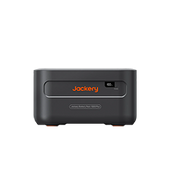
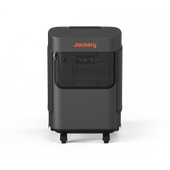
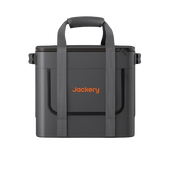
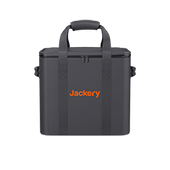
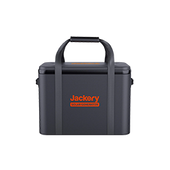
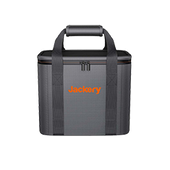
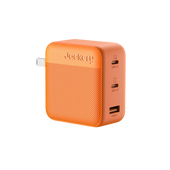
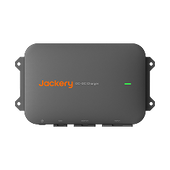
![[Add-on] Jackery Manual Transfer Switch for Explorer 5000 Plus](http://ca.jackery.com/cdn/shop/files/add-on-jackery-manual-transfer-switch-for-5000-plus-240V.webp?v=1757043692&width=170)
